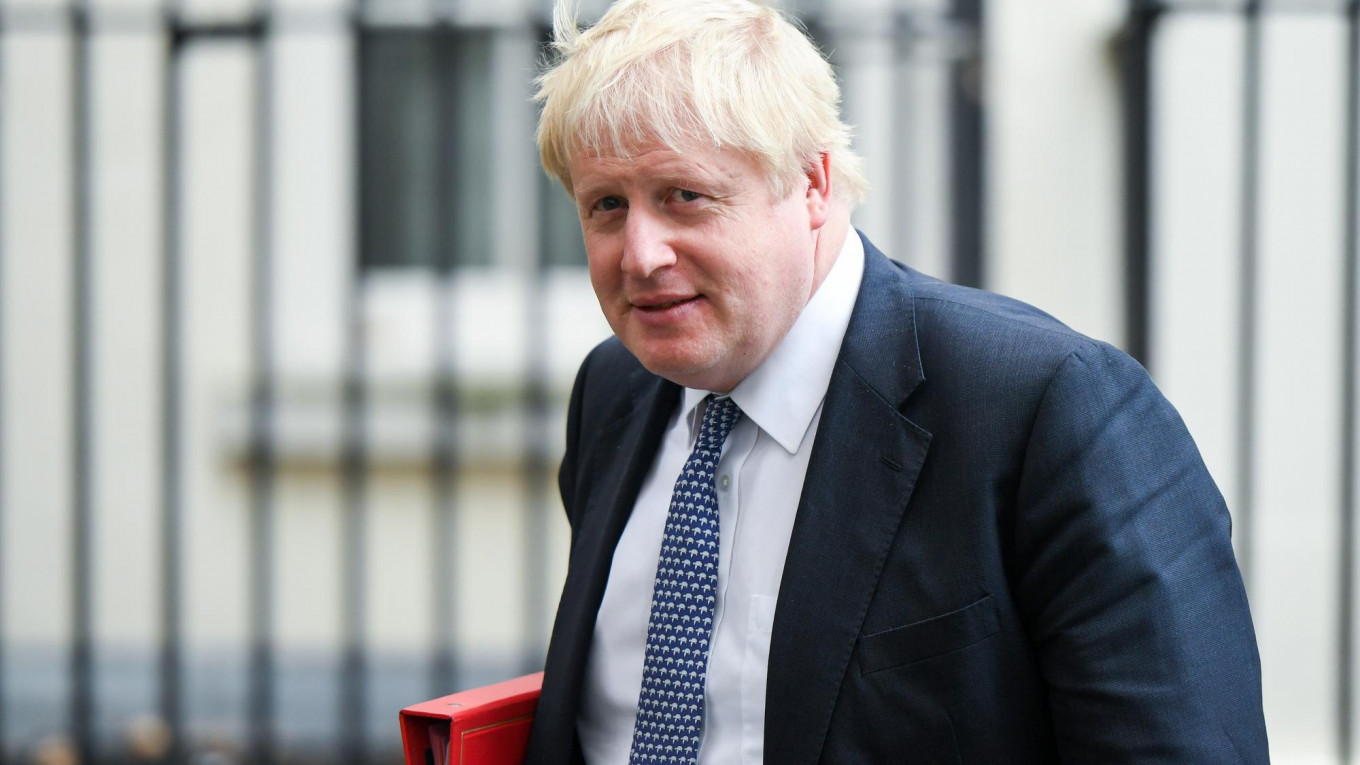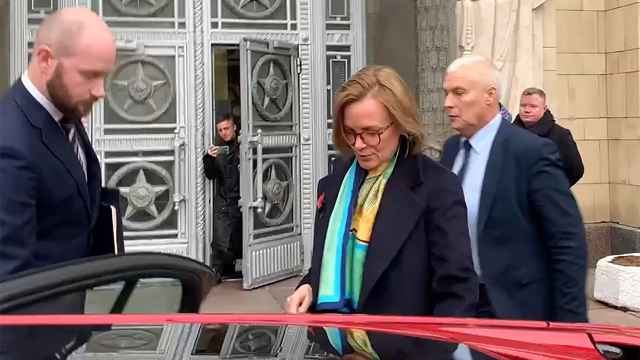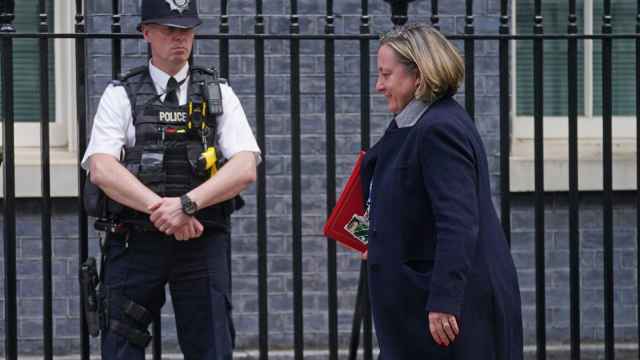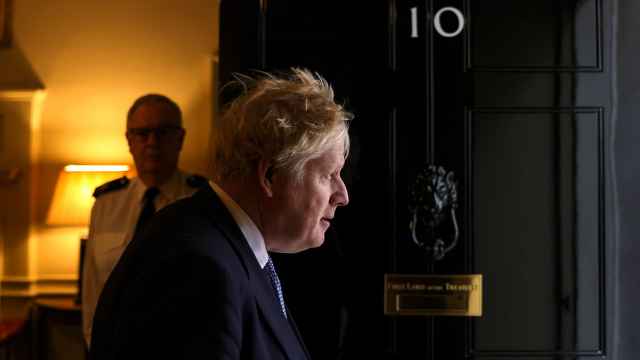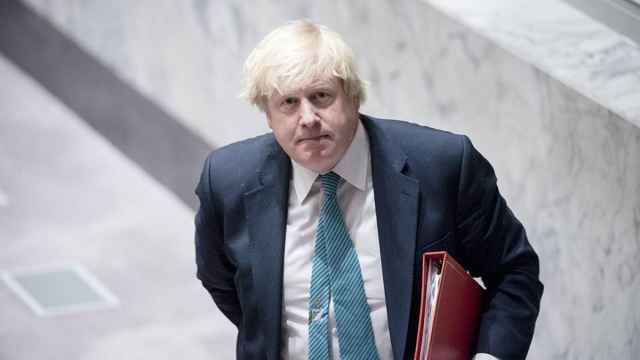After two cancellations, U.K. Foreign Secretary Boris Johnson finally made it to Moscow before the end of 2017.
Compared to its European counterparts, the U.K. has been late to dialogue with Moscow. This is in part over Ukraine, but longer-standing tensions between them contributed, stemming from issues including the U.K. granting asylum to Russian businessman Boris Berezovsky in 2003 and the murder of Alexander Litvinenko in London in 2006.
Part of the objective of the trip was to communicate the U.K. position directly to the Russian leadership – that the U.K. wants to identify shared interests on international issues such as North Korea, Iran and Syria, but also that the U.K. is concerned by some of Russia’s activities abroad.
Following Prime Minister Theresa May’s unusually direct message to Russia in November 2017 in which she said directly to the Kremlin: “we know what you are doing. And you will not succeed,” Johnson specifically mentioned Russian activities in cyberspace and interference in elections and differences over Ukraine.
But there is a sense from some Russian policymakers that the U.K. sends mixed messaging. On one hand, there cannot be “business as usual,” albeit the Prime Minister has updated this to a more helpful “engage but beware.”
Yet Johnson speaks of working together on shared interests and moving the relationship forward. Sanctions are in place to influence Russian decision-making over Ukraine, among other things, but Johnson wants bilateral trade to increase.
In reality, these things are not mutually exclusive, and claims of mixed messaging can be a useful Russian political tool for dismissing further engagement.
Maria Zakharova, the spokesperson for Russia's Foreign Ministry, supposedly noted that “picking and choosing dialogue on issues of interest for Britain, as British officials have been saying in their public statements, is inadequate,” instead, hoping for a more holistic discussion — maybe even creeping back to business as usual.
Russia knows this is not politically manageable for the U.K. now. Instead, if it does not like the agenda, Russia should offer its own priority areas for dialogue and concrete steps, should that even be of interest. Either way, compartmentalization of issues is the only likely option.
Genuine bilateral compromise does not seem feasible on the big issues, like Ukraine or cyber activity, in the immediate term. But bilateral dialogue will help determine where progress might be made in less controversial areas first.
This will start smaller, on shared challenges such as aviation or World Cup security. Deep trust is not necessarily required for cooperation on genuine shared interests, should they be mutually acceptable.
A key next step is for this bilateral engagement to be sustained. Russian Foreign Minister Sergei Lavrov noted that the U.K. prefers to discuss the reason for tensions publicly from afar rather than talk directly.
He has a point. Sustained face-to-face dialogue will help determine the art of the possible and impossible so that engagement can start working towards concrete outcomes — if that’s what London and Moscow actually want.
Sarah Lain is an Associate Fellow at the Royal United Services Institute. The views and opinions expressed in opinion pieces do not necessarily reflect the position of The Moscow Times.
A Message from The Moscow Times:
Dear readers,
We are facing unprecedented challenges. Russia's Prosecutor General's Office has designated The Moscow Times as an "undesirable" organization, criminalizing our work and putting our staff at risk of prosecution. This follows our earlier unjust labeling as a "foreign agent."
These actions are direct attempts to silence independent journalism in Russia. The authorities claim our work "discredits the decisions of the Russian leadership." We see things differently: we strive to provide accurate, unbiased reporting on Russia.
We, the journalists of The Moscow Times, refuse to be silenced. But to continue our work, we need your help.
Your support, no matter how small, makes a world of difference. If you can, please support us monthly starting from just $2. It's quick to set up, and every contribution makes a significant impact.
By supporting The Moscow Times, you're defending open, independent journalism in the face of repression. Thank you for standing with us.
Remind me later.


